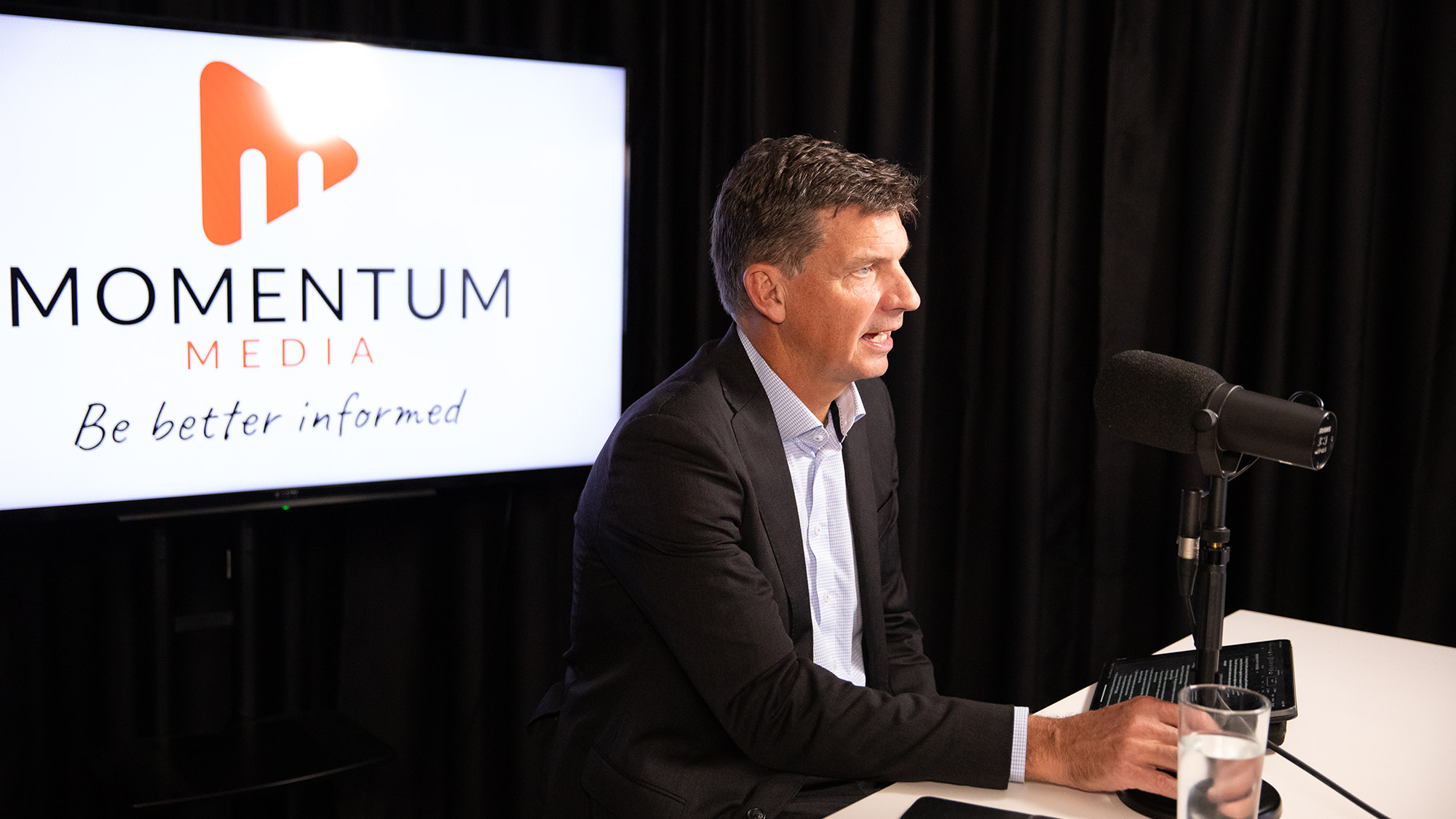Social media and ESG: How ethical is the digital world?


With child and teen mental health and digital media in the spotlight, should this be a fresh consideration for those building ethical portfolios?
Recently, The Black Dog Institute released a report which delved into child, adolescent and young adult mental health. The report, Turning the tide on depression: A vision that starts with Australia’s youth, investigates the link between rising rates of depression in adolescents, digital media use, social interaction and sleep.
It’s not the first study of the link between these two factors, so the question is: at what point does digital media, especially as it relates to the health of children and teenagers, become a consideration for socially responsible investing?
Robyn Parkin, head of sustainability at Ethical Partners Fund Management, believes this thinking is long overdue.
“It's such an important issue, because digital is serious area of vulnerability for children and youth and I don't think companies or investors or advisors have necessarily looked at it enough. It's an emerging area of understanding, and something that we need to analyse and engage on,” she told Money Management.
Parkin’s firm and charity UNICEF released a joint report in September, Integrating Child Rights across the ASX: A UNICEF Investor Tool Benchmarking Report, which benchmarked ASX-listed companies using publicly-available information.
As well as looking at broader areas to do with child rights, the report contained some eye-opening statistics around digital media.
Less than 3% of S&P/ASX 200 companies disclose that they have measures in place to protect children in relation to digital services. Only 6% of S&P/ASX 200 companies disclose that they have a responsible marketing commitment on limiting their marketing to children and only 2% of S&P/ASX 200 companies disclose that they have responsible digital marketing practices in regards to children.
Growing investor awareness of digital safety
General investor awareness of the ethics of social media and mental health has been growing across the globe.
In 2019, the perpetrator of the Christchurch terror attack in New Zealand used social media to amplify his agenda, and the livestream was up for 30 minutes before Facebook even found out.
Afterwards, a number of NZ and international investors formed an alliance called the Social Media Collaborative Engagement to take part in constructive dialogue with social media companies.
Meanwhile, UK-based investment management firm CCLA has formed a coalition of investors focused on mental health at work.
This is starting to extend specifically to children as well. Work around technology and child rights has been done by The Investor Alliance for Human Rights, for example.
Digital safety for children goes further than the more often-discussed dangers of social media, such as grooming, bullying and negative body image. It can encompass everything from how advertisements for toys and junk food are shown to children, to data protection, to the emerging area of artificial intelligence (AI).
This also ties back to other findings in the Ethical Partners/UNICEF report, such as only 38% [of the 26 S&P/ASX 200 companies for which this indicator is relevant] disclose that they have a focus on healthy food for children. And not a single S&P/ASX 200 company discloses that they have specific data privacy standards for children.
“There seems to be some thinking that if you don't directly engage with children, this isn't appropriate to you,” Parkin said.
“All companies need to be thinking about their digital footprint. Unless all of their content and advertising is absolutely appropriate for children, then they should be figuring out the most vulnerable user and then working to protect them. That also goes for their supply chains, their business relationships and their partnerships,” Parkin said.
Where this area becomes tricky is keeping up with the pace of emerging technologies, as well as striking a balance between safety and the rights of children to access information and have freedom of expression via digital media.
The report calls out a few companies that are doing good work in relation to digital health for children. Companies providing proactive education for parents on digital safety include Telstra, TPG and Commonwealth Bank.
Suncorp donated $1 million to The Smith Family to help combat the digital divide facing vulnerable children and their families, while JB HiFi has a parents’ guide to buying games and consoles.
For those wanting to know where to start, UNICEF has a tool for investors on Integrating Children’s Rights into ESG Assessments, which sets out a number of actions that investors can take to when making investment decisions.
“I think what's exciting is that companies can proactively try and make a positive impact in their community. Make their mark and be a leader. That’s what we were hoping this report could inspire,” Parkin said.
“It’s a big conversation and a global conversation, and something that it would be good to see adopted more in Australia is well,” she concludes.
Recommended for you
Asset managers have shared how it may be time for advisers to switch clients out of cash and term deposits and back into bonds.
After years of low rates, three younger fixed income specialists have shared how they navigated “one of the toughest environments for investment decision-making” in the form of their first interest rate hiking cycle.
The global nature and geopolitical threats involved in investing in emerging markets can mean the job of an emerging market manager entails additional challenges than its developed markets counterpart.
Australian financial advice firms are increasingly looking towards outsourcing as a tool to optimise their business, two industry professionals share, freeing advisers to focus more on client-facing duties.















Add new comment